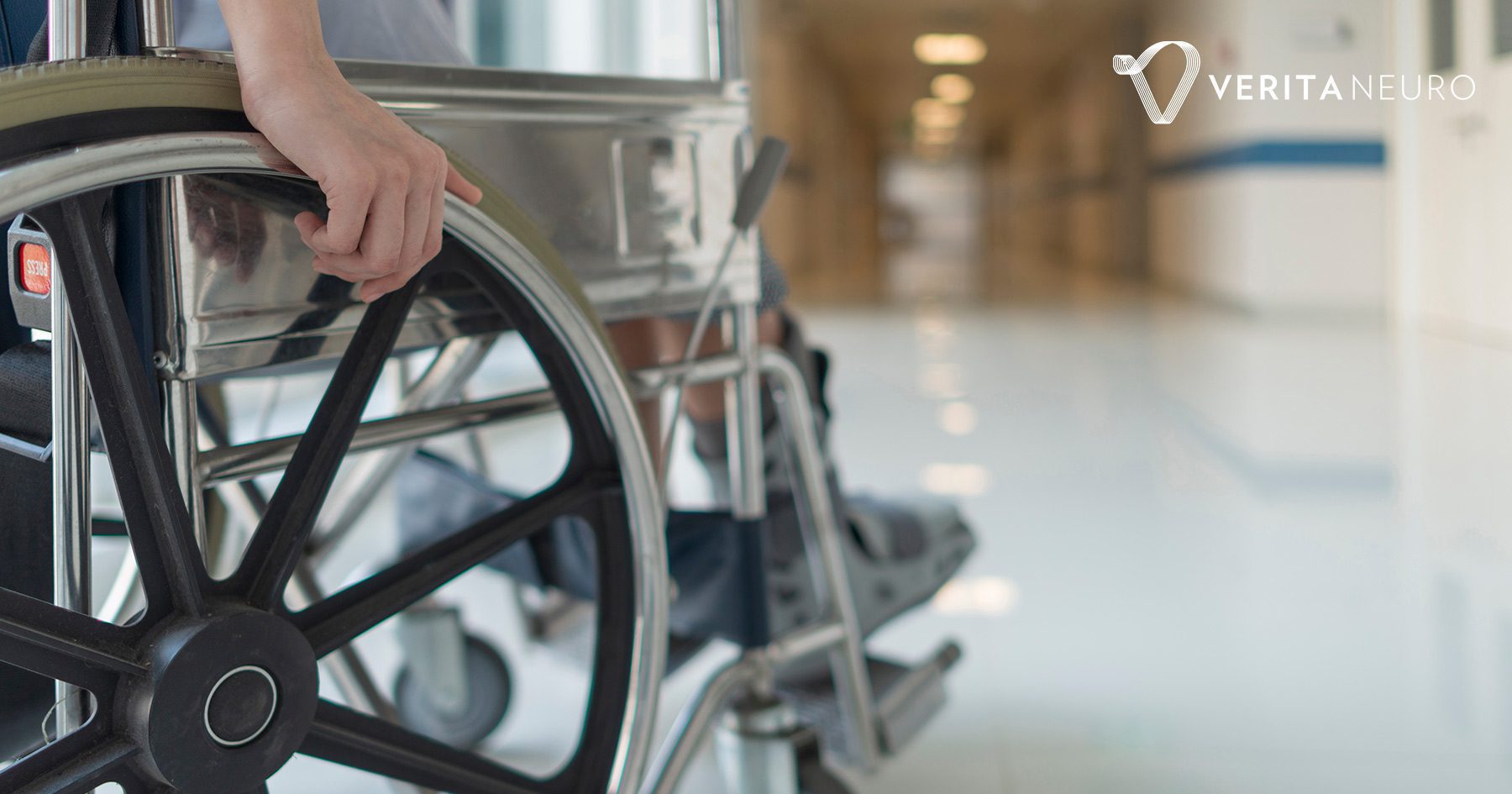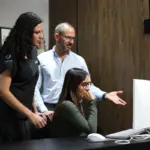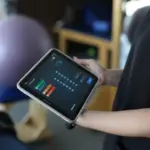The doors are open wide to a new world of possibilities for paraplegics and quadriplegics. The progress being made in the search for a paraplegia cure continues to fill the surgeons, therapists, and researchers here at Verita Neuro with pride.
For us, it is validation of our findings and successes, which since 2016 includes 72 successful surgeries employing the cutting-edge treatment called Epidural Stimulation. It has helped dozens of spinal-cord injury (SCI) patients regain some semblance of control over their lives, most famously a young man named Ryan Straschnitzki.
You may have heard Ryan’s story on the BBC, CBS News, or a variety of other outlets covering his remarkable journey from “you’ll never walk again” to taking steps in a Bangkok hospital thanks to the Epidural Stimulation procedure powered by Verita Neuro.
Now, Neurogel en Marche — an association based in France that has its own surgical approach to treating SCI — is working with China’s Kunming Tongren Hospital on an exciting clinical trial. It is aimed at helping people with severed spinal cords walk again via the regrowth of nerve fibers in the spine.
Neurogel en Marche translates loosely to “spinal cord walks again,” and their objective is the ongoing scientific research into a cure for SCI, so partnering with the Tongren Hospital in Kunming, China is exciting for those of us dedicated to helping paraplegics improve their quality of life.
Tongren is a former military hospital with an unparalleled level of experience with surgery on spinal cord injuries — 5000 surgeries on the spinal cord have been performed over the past 20 years.
The partnership is founded on a clinical trial that aims to ‘clean’ the spinal cord with “a transplant of modified adipose or fatty tissue from the body into the spinal cord.” The transplant helps to protect existing cells, repair damaged cells in the spine tissue, and promote and direct stimulation of the cells’ regeneration process.
The operation is followed by rigorous rehabilitation therapies from Tongren’s spine experts, the expected outcome being spinal nerves relearning the sensation and practice of walking.
This is similar to the treatment regimens offered to SCI sufferers by Verita Neuro. Ours include regenerative medicine and rehabilitation, but patients have the option of receiving the Epidural Stimulation implant to take things a step further.
The implant acts as a bridge between their brain and the spinal-cord tissue below their injury level, ensuring nerve signals reach their intended destination. In this case, that could be the arms and legs, as well as the bladder, bowel, and various muscle groups.
Our patients report voluntary control of their extremities, improved control of urination and defecation, and a reduction in spasms and spasticity.
Developing Success Story
One participant in the Tongren Hospital trial, a man named Stephane, says when he found the info about Neurogel en Marche’s need for six French patients, he was more motivated than ever to get out of a wheelchair.
The trial would actually involve 12 patients, six French and six Chinese, who were operated on in short succession so they could begin their daily physiotherapy together. They are now in the middle of the one year trial, feeling hopeful after seeing Stephane, the youngest participant, practice walking with the help of a nurse and a walking rack.
It’s a feeling becoming more and more common as more and more patients visit Verita Neuro to receive Epidural Stimulation — not as trial participants, but as proper patients who receive lifelong dedication from our staff of medical experts.
For more information on how Epidural Stimulation powered by Verita Neuro can help you or a loved one, call us today and a Patient Representative will get back to you within 48 hours.





